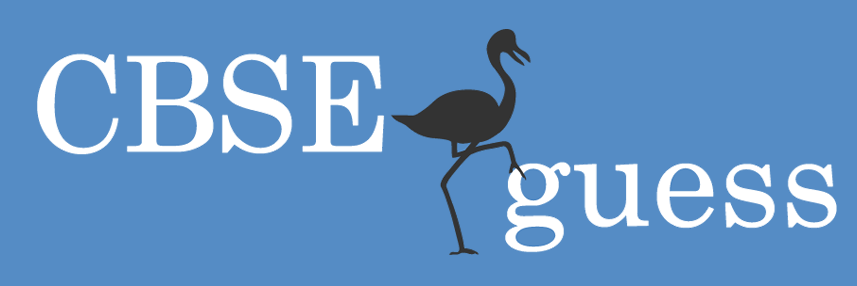The Important Role of Strategic Intelligence
An intelligence career can be many different things, as there are many niche specializations in the field of intelligence. According to the government website for intelligence, www.intelligence.gov, positions can be narrowed down into these intelligence career main categories:
–Analysis: Gather information and conduct research, monitor events and track trends on a particular country or issue, evaluate the data that is collected and conduct oral presentations based on the findings.
–Science and Technology: Use your science and technology skills for the purpose of evaluating security threats.
–Information Technology: Maintain IT infrastructure, set up telecommunications networks, manage data, and design automated information systems for the purpose of gathering and analyzing intelligence.
–Intelligence Collection: Gather intelligence information, use persuasion and negotiation skills, and work closely with analysts to determine intelligence gaps.
–Language: Translate and interpret foreign languages, and use linguistic abilities for reporting and analysis.
–Security: Personnel security, physical security, and information security are all included in this category. Responsibilities may include screening applicants for access to classified information, installing alarm systems, or ensuring the security of sensitive information.
–Acquisitions and Financial Management: Maintain the budget of intelligence agencies, acquire and justify the need for resources, perform accounting services.
As you can see, an intelligence career can be a realistic option for people of all different backgrounds. In fact, because there are so many different variations of intelligence work, there is a need for qualified professionals to piece together all the data and formulate a bigger picture. This is where strategic intelligence plays a huge role.
Strategic Intelligence
Strategic intelligence work involves connecting the dots between fragmented intelligence that is gathered by different sources. In other words, it gives context to the information that is provided by information collection and analysis.
According to the Pentagon, strategic intelligence is “Intelligence that is required for the formulation of strategy, policy, and military plans and operations at national and theater levels.” This entails the collection and analysis of intelligence for the purpose of creating better strategies, be it for national security, military operations, or policy decisions.
A 2007 intelligence study entitled “The State of Strategic Intelligence,” stated that this important facet of overall intelligence work is being neglected. It also called for the increased focus on strategic intelligence within the intelligence community, saying that it was essential to the creation of national strategy. In addition, the report conveyed the need to allow an intelligence analyst to cultivate their strategic intelligence abilities throughout an intelligence career.
Strategic Intelligence Training
Although the analysis of intelligence for the purpose of strategy may be something that is grown through intelligence career experience, there are education programs that offer the fundamental skills necessary to be a successful strategic intelligence officer.
There are, for instance, strategic intelligence certificates that are available. These college programs focus on the ability to analyze intelligence from multiple disciplines. They provide students with the foundation necessary to synthesize data collected from “compartmentalized” sources and develop it into a cohesive product that can be used in the creation of military and national strategies.
Other topics that strategic intelligence certificate programs focus on are:
– The differences between types of intelligence, such as tactical, strategic, and operational.
– The issues surrounding “information sharing” laws and how they challenge the ability to collect intelligence.
– The benefits and disadvantages of different predictive analysis techniques.
Where ever you are in your intelligence career, whether you are just researching it or you have been in intelligence work for years, the addition of strategic intelligence abilities can be a great asset to you as an intelligence officer. Receiving formal education training in this discipline can only lead to greater successes in your intelligence career.
About The Author
Dan Sommer works for Henley-Putnam University, a leading educational institution in the field of Strategic Security. For more info on Henley-Putnam University, intelligence career, strategic intelligence, call 888-852-8746 or visit us online at http://www.Henley-Putnam.edu
The author invites you to visit: http://www.henley-putnam.edu

